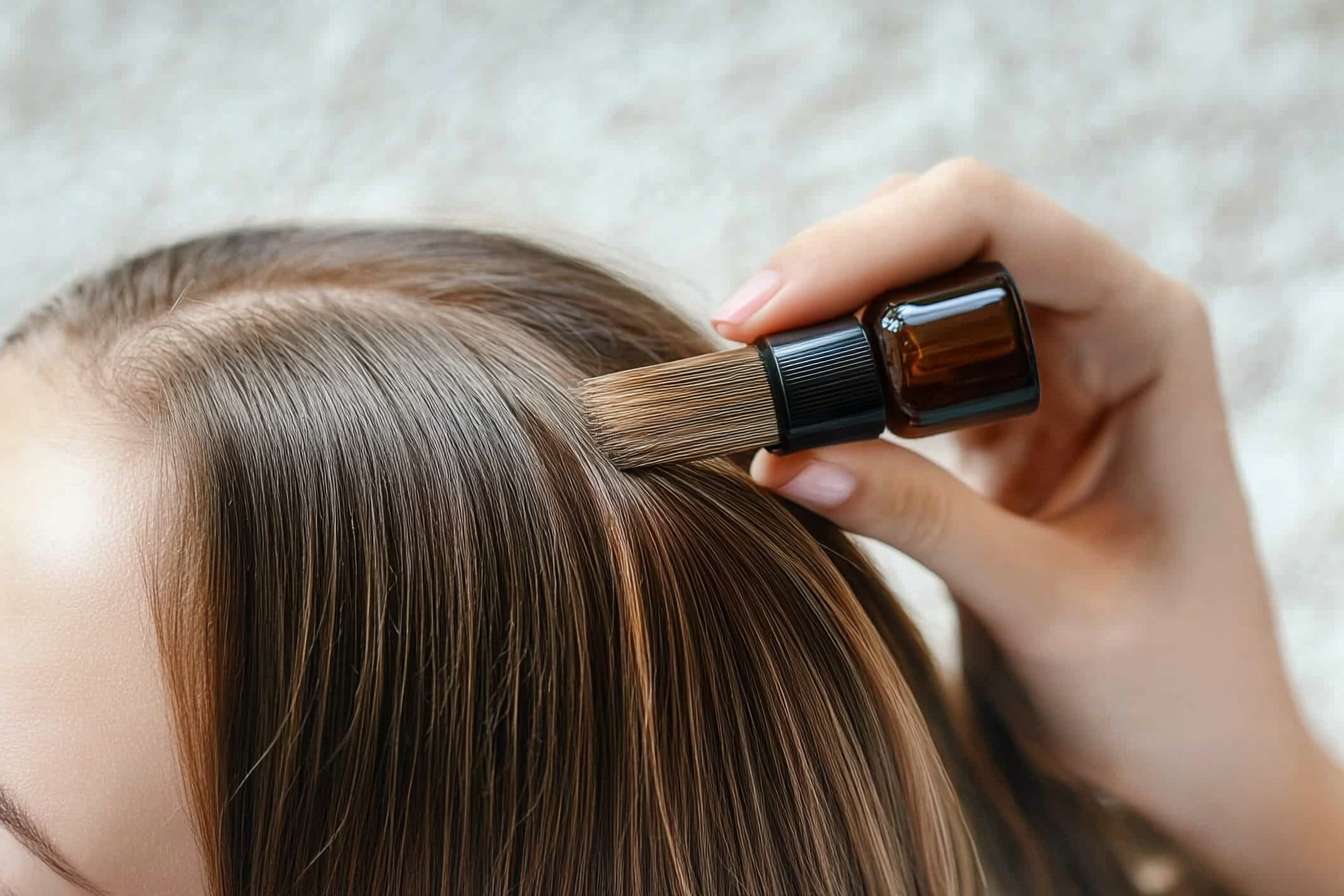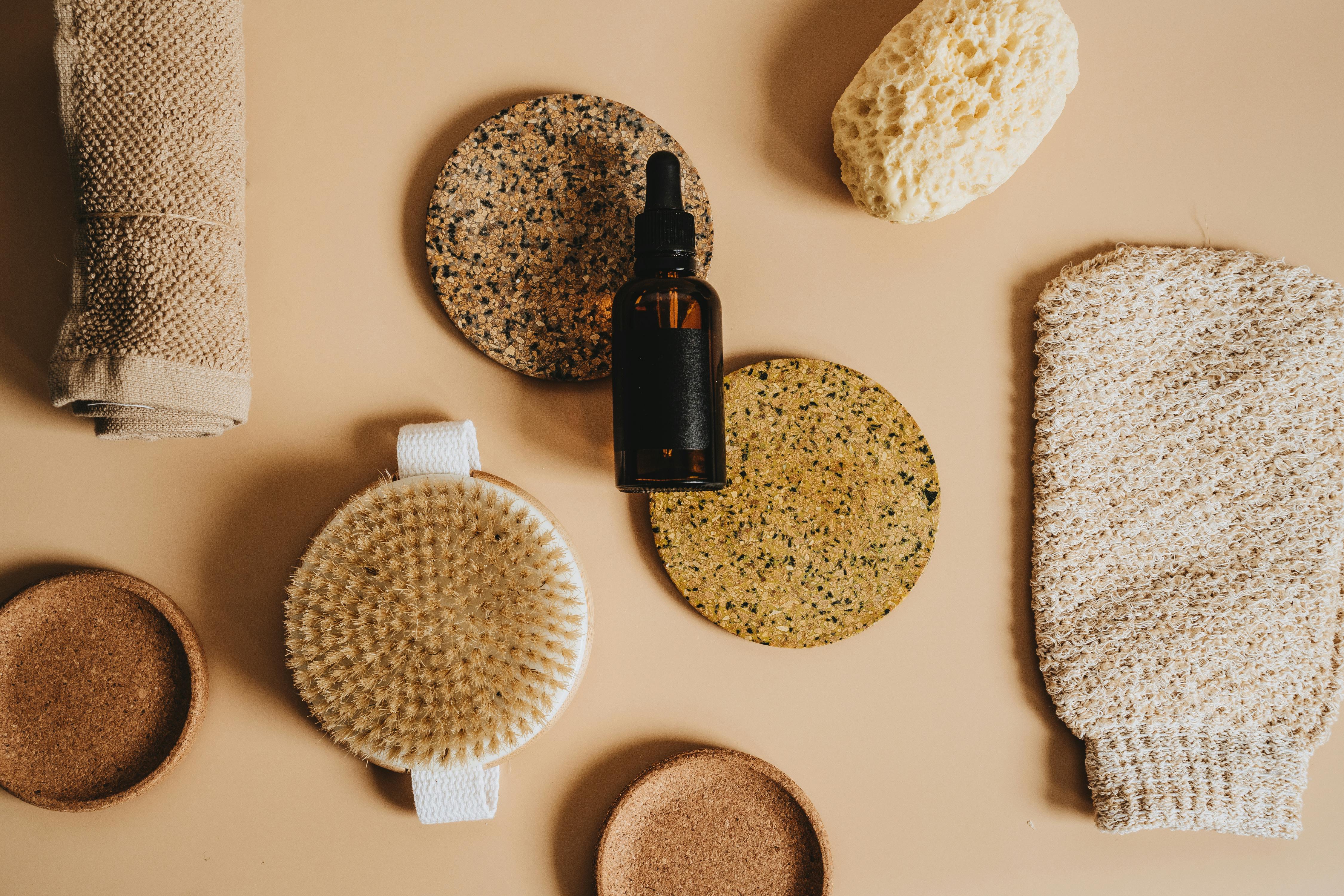Understanding Serums and Solutions for Healthier, Fuller Hair
Achieving fuller, thicker hair is a concern for many people seeking to improve their appearance and confidence. Understanding the science behind how hair develops and the products designed to support it can help you make informed decisions. From serums to lifestyle changes, there are various approaches to promoting healthier strands and addressing common concerns like thinning or slow development.

The natural process of developing fuller, thicker hair can be influenced by genetics, nutrition, hormones, and overall health. While some people are naturally blessed with thick, fast-growing strands, others may struggle with thinning, slow development, or loss. Understanding the factors that affect this process and the available solutions can empower you to take steps toward healthier, fuller hair.
The hair cycle consists of three main phases: anagen (growth phase), catagen (transition phase), and telogen (resting phase). On average, hair grows about half an inch per month, though this rate varies by individual. Factors such as age, stress, diet, and hormonal changes can impact this cycle and lead to noticeable changes in hair thickness and rate of development.
What Is Hair Growth Serum?
Hair growth serum is a topical product formulated to support and enhance the natural hair development process. These serums typically contain active ingredients such as peptides, vitamins, botanical extracts, and compounds like minoxidil or biotin. The goal of a serum is to nourish the scalp, strengthen hair follicles, and create an optimal environment for hair to develop.
Most serums are applied directly to the scalp, often once or twice daily, depending on the product instructions. They work by improving blood circulation to the hair follicles, delivering essential nutrients, and sometimes blocking hormones that contribute to hair thinning. While results vary, consistent use over several months is generally required to see noticeable improvements.
How Does Hair Growth Work?
Hair development begins beneath the scalp in the hair follicle, where cells divide and multiply to form the hair shaft. The anagen phase, which lasts between two to seven years, determines how long your hair can grow. After this, the hair enters the catagen phase, a brief transitional period, followed by the telogen phase, during which the hair rests before eventually shedding.
Several factors influence this cycle. Nutritional deficiencies, particularly in iron, zinc, and B vitamins, can slow hair development. Hormonal imbalances, such as those caused by thyroid disorders or androgenic alopecia, can also disrupt the cycle. Additionally, stress and poor scalp health can weaken hair follicles and lead to increased shedding or slower regrowth.
Can Hair Growth Serum Help With Thick Hairs?
Hair growth serum for thick hairs is designed to not only promote new development but also improve the overall thickness and density of existing hair. Ingredients like caffeine, niacinamide, and castor oil are often included to strengthen hair strands and add volume. These serums may help reduce breakage, which can make hair appear thinner over time.
For those with naturally fine or thinning hair, using a targeted serum can make a noticeable difference in hair texture and fullness. However, it is important to manage expectations. Serums cannot change your genetic hair type, but they can optimize the health and appearance of the hair you have. Combining serum use with a balanced diet, proper hair care, and stress management can enhance results.
What Ingredients Should You Look For?
When selecting a hair growth serum, it is helpful to understand the key ingredients and their functions. Minoxidil is a clinically proven ingredient that stimulates hair follicles and extends the anagen phase. Biotin, a B vitamin, supports keratin production, which is essential for hair structure. Peptides and growth factors can signal hair follicles to enter the growth phase and improve overall scalp health.
Botanical extracts such as rosemary oil, peppermint oil, and saw palmetto have also shown promise in supporting hair development. These natural ingredients can improve circulation, reduce inflammation, and block DHT, a hormone linked to hair loss. When choosing a serum, look for products with transparent ingredient lists and clinical backing where possible.
Are There Lifestyle Changes That Support Development?
While topical products like serums can be beneficial, lifestyle factors play a significant role in hair health. A diet rich in protein, healthy fats, and vitamins supports the building blocks of hair. Foods like eggs, nuts, leafy greens, and fatty fish provide essential nutrients that promote development and strength.
Managing stress through exercise, meditation, or adequate sleep can also positively impact hair development. Chronic stress can push hair follicles into the telogen phase prematurely, leading to increased shedding. Additionally, avoiding harsh chemical treatments, excessive heat styling, and tight hairstyles can prevent damage and breakage, allowing hair to grow longer and healthier.
Conclusion
Developing fuller, thicker hair is a complex process influenced by genetics, health, and lifestyle. Serums offer a targeted approach to supporting this process, particularly for those seeking enhanced thickness and fullness. By understanding how these products work and combining them with healthy habits, you can take meaningful steps toward achieving your hair goals. Remember that consistency and patience are key, as visible results often take several months to appear.
This article is for informational purposes only and should not be considered medical advice. Please consult a qualified healthcare professional for personalized guidance and treatment.




